South Africa’s currency is on track for its biggest August gain in two decades, with stocks not far behind, as a weakening dollar spurs demand for high-yielding assets outside the US.
The rand is up 3% against the greenback this month, the best performance for August since 2005. And the country’s equity benchmark has clocked a gain of 3.4%, the most for the month since 2006.
South African assets are returning to investors’ favour as the coalition government tackles much-needed economic reforms, the fiscal outlook brightens, and the South African Reserve Bank keeps inflation low. Strong prices for the precious metals and other raw materials that make up the bulk of South Africa’s exports have also bolstered the rand and the appeal of the country’s mining companies.
“Rand fundamentals remain strong as South Africa’s terms of trade have surged on elevated commodity prices,” Rand Merchant Bank strategists John Cairns and Manqoba Madinane wrote in a report.
Listen: Foreign investors pour into SA’s bond market
The South African currency and equities typically weaken in August as investors in Europe and the US slow down for the summer holiday season. The rand’s average decline for the month over the past 20 years is 2.4%, while it’s one of only three months in which the FTSE/JSE Africa All Share Index hasn’t shown an increase on average over the same period, according to data compiled by Bloomberg.
ADVERTISEMENT
CONTINUE READING BELOW
The rand has handed investors 3.2% in the carry trade in August, among the top returns in emerging markets. The latest weekly government bond auction drew the strongest demand in seven weeks, with investors anticipating strong returns on the back of the coalition government’s plans curb the fiscal deficit.
“Data points to good inflows into the rand, and other higher-carry currencies, funded either from Asia or the US dollar itself,” said Lauren van Biljon, a senior portfolio manager at Allspring Global Investments UK. “There’s space for the currency to continue to do well into year-end.”
Investors are also seeking assets with better returns outside of the US as the dollar weakens and the Federal Reserve looks set to cut interest rates, according to Herman van Papendorp, chief of asset allocation at Momentum Investments.
Read: The global economy’s strange crossroads
“A large part of the positive August performance by the rand and South African equity market is related to the risk-on global sentiment that prevailed as markets continually priced in a higher probability of the Fed cutting interest rates in September,” Van Papendorp said.
Precious metals miners are among the biggest contributors to the gains in local equity markets this month, buoyed by rising gold and platinum prices. Meanwhile, moderate inflation, partly due to low oil prices and the strengthening rand, have kept costs for exporters of raw materials in check, according to Izak Odendaal, chief investment strategist at Old Mutual Wealth.
ADVERTISEMENT:
CONTINUE READING BELOW
Solid gold slabs sit in piles following the electro refining process to remove impurities at the Rand Refinery plant in Germiston, South Africa, on Wednesday, August 16. 2017.
The gains go beyond the mining sector, however. Companies from financial-services firm Momentum Group to chemicals maker Sasol have released statements in the past week pointing to higher earnings and outlooks due to improving market confidence in the local economy, especially as consumer finances benefit from lower interest rates, says Odendaal.
This comes even as South Africa’s economy faces new pressure from a 30% tariff imposed on its exports to the US — one of the highest levies in the world. The duties are expected to mainly affect the nation’s agricultural and automotive sectors.
Read: South African bonds lure foreign investors with top EM returns
Van Papendorp said while tariffs are negative on the margin for the country’s economic growth, the impact on the local equity market will likely be negligible as the two most-affected industry groups have little representation among listed companies on the local bourse.
Car makers and agricultural stocks make up less than 2% of the benchmark, according to Bloomberg’s calculations.
© 2025 Bloomberg
Follow Moneyweb’s in-depth finance and business news on WhatsApp here.

 4 days ago
1
4 days ago
1
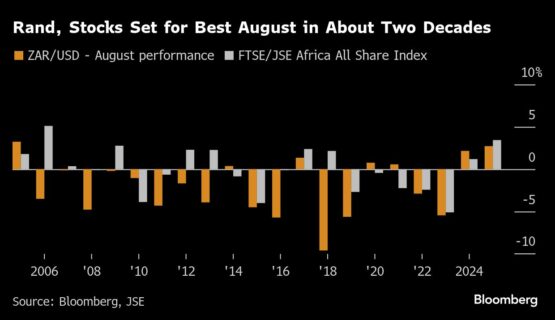
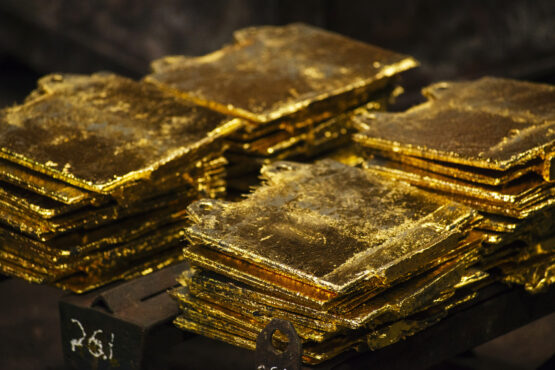
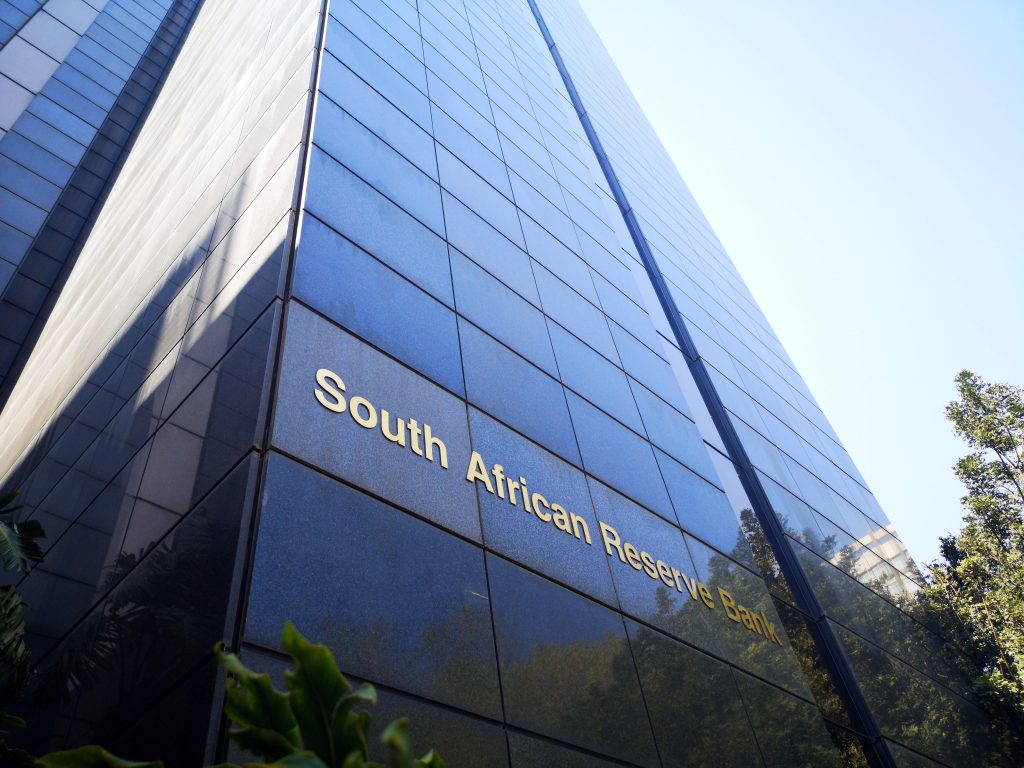



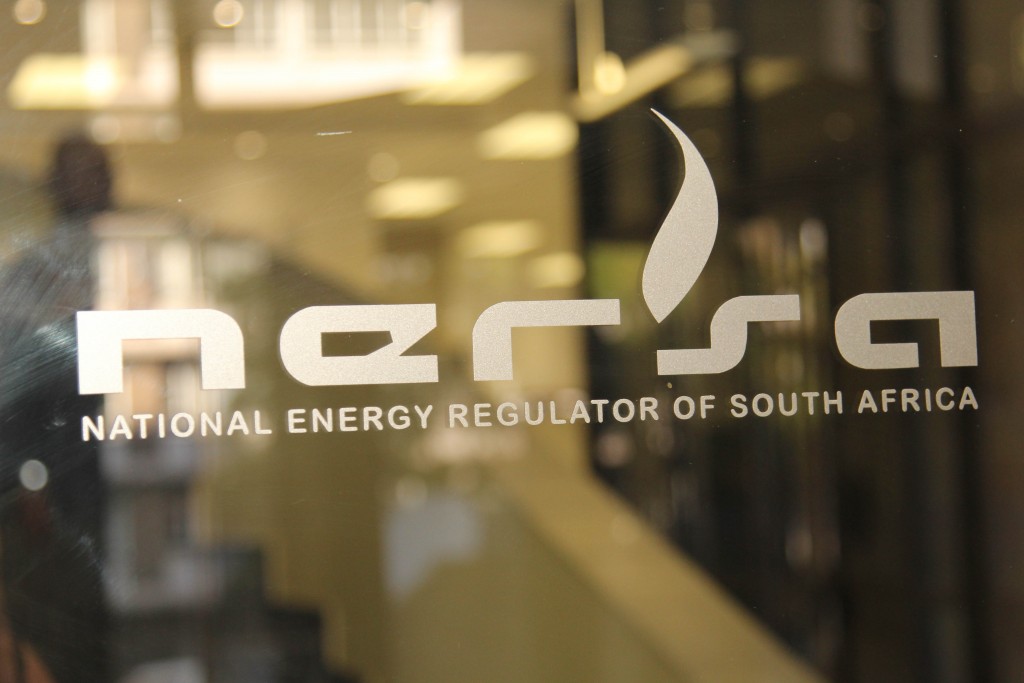

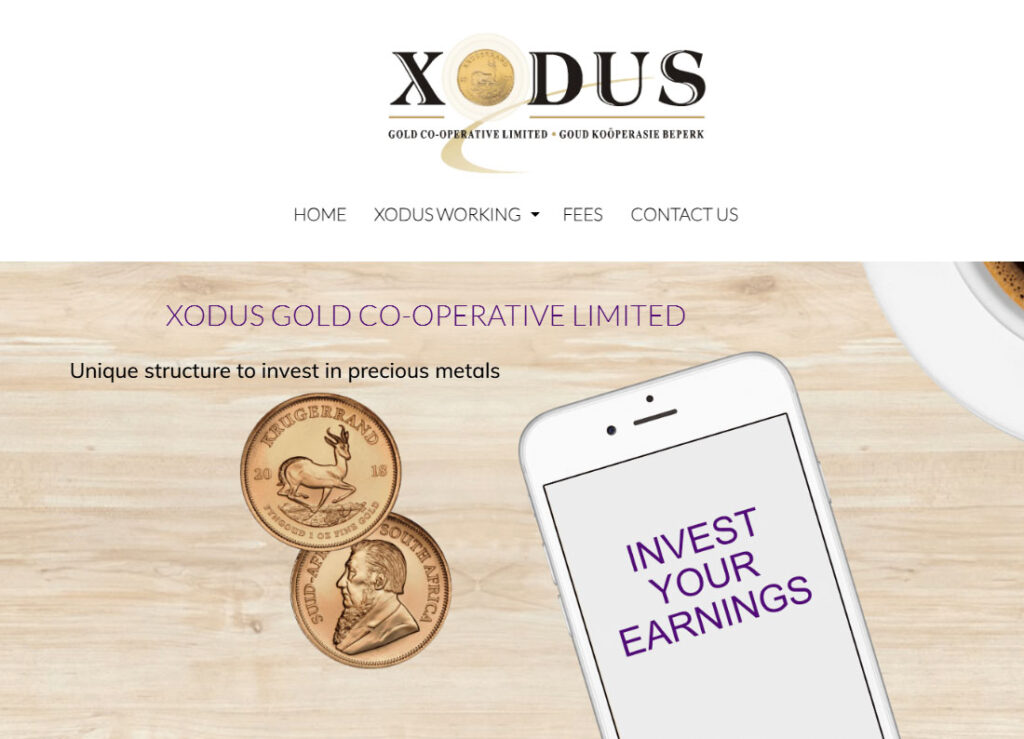















 English (US) ·
English (US) ·